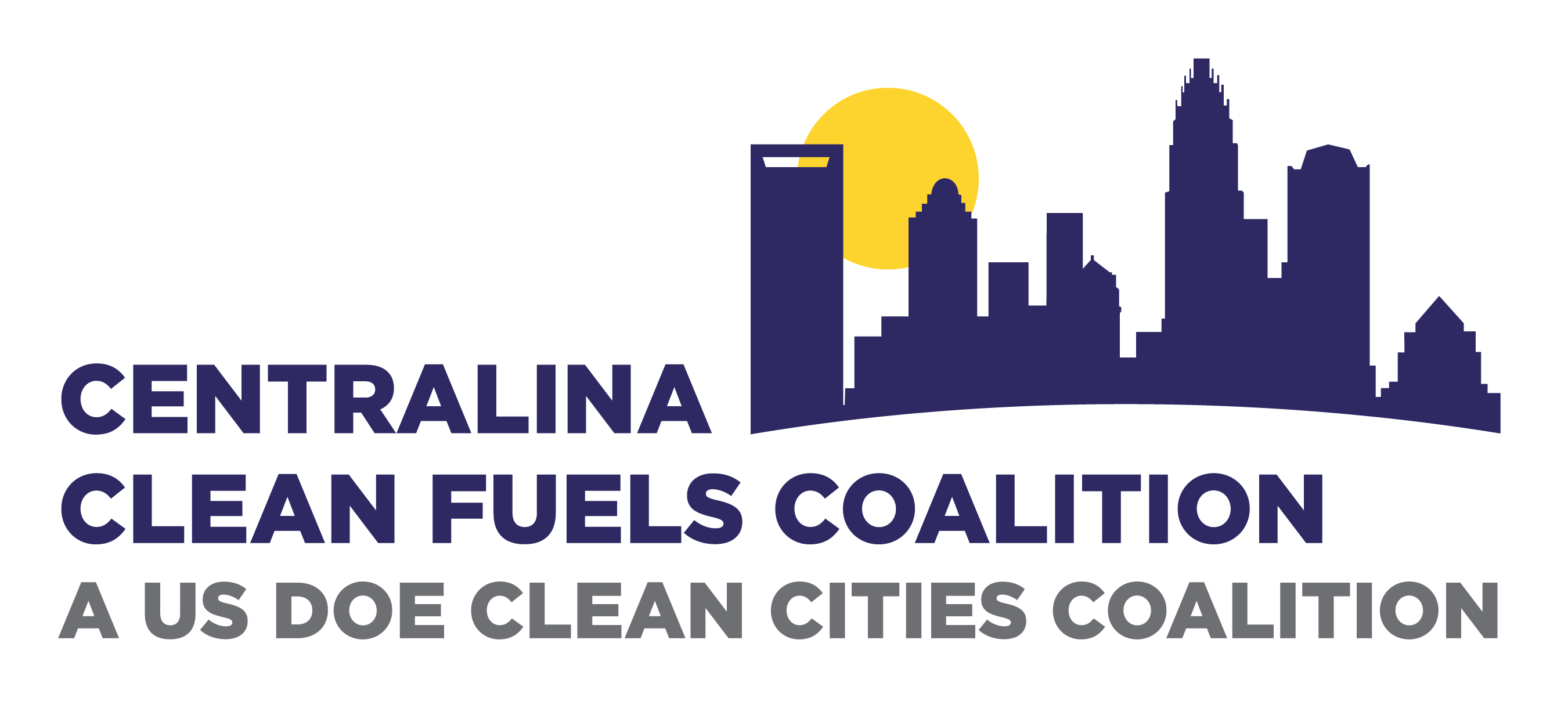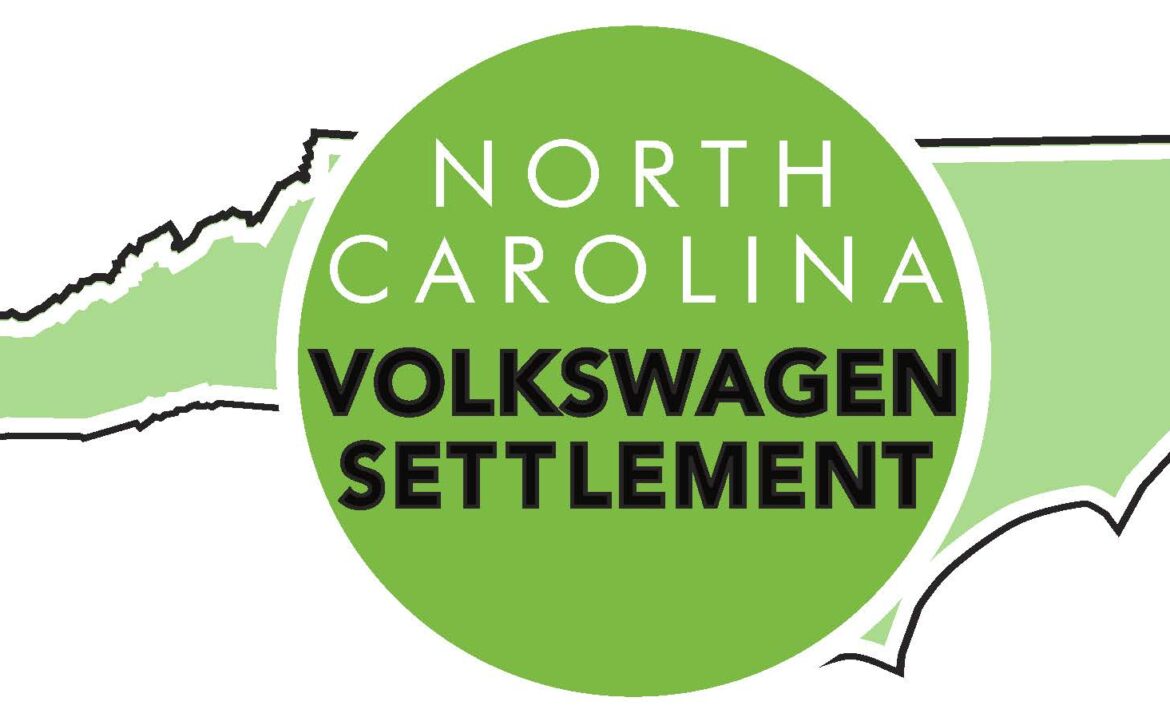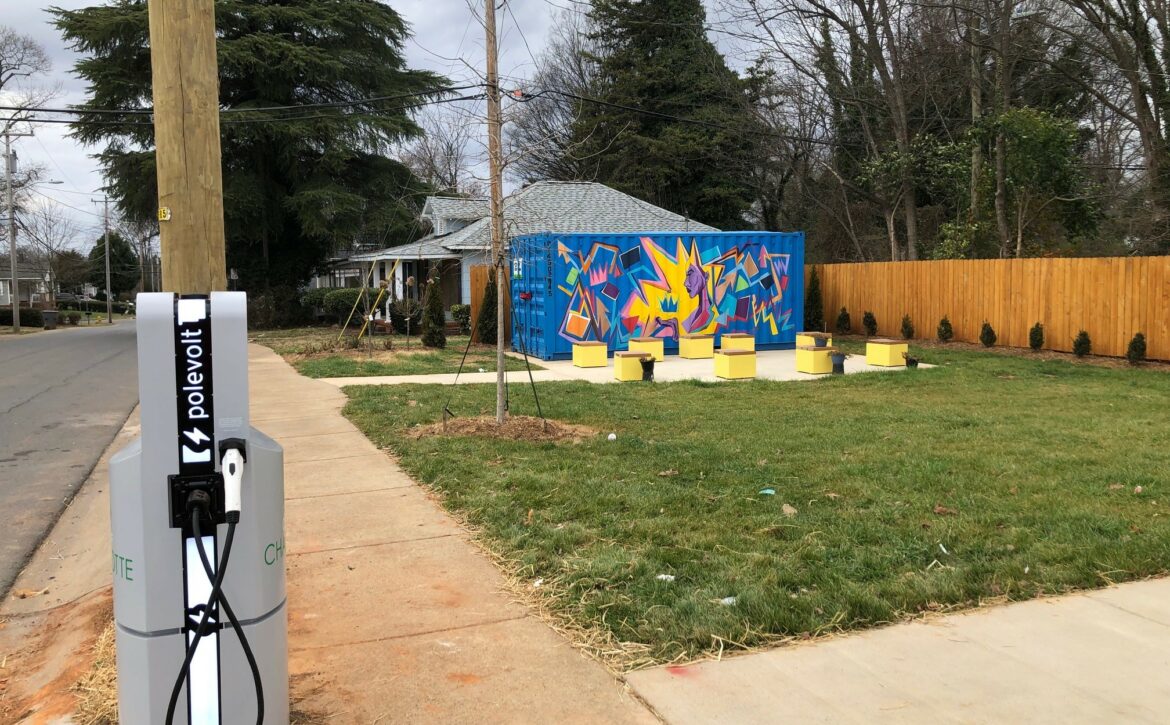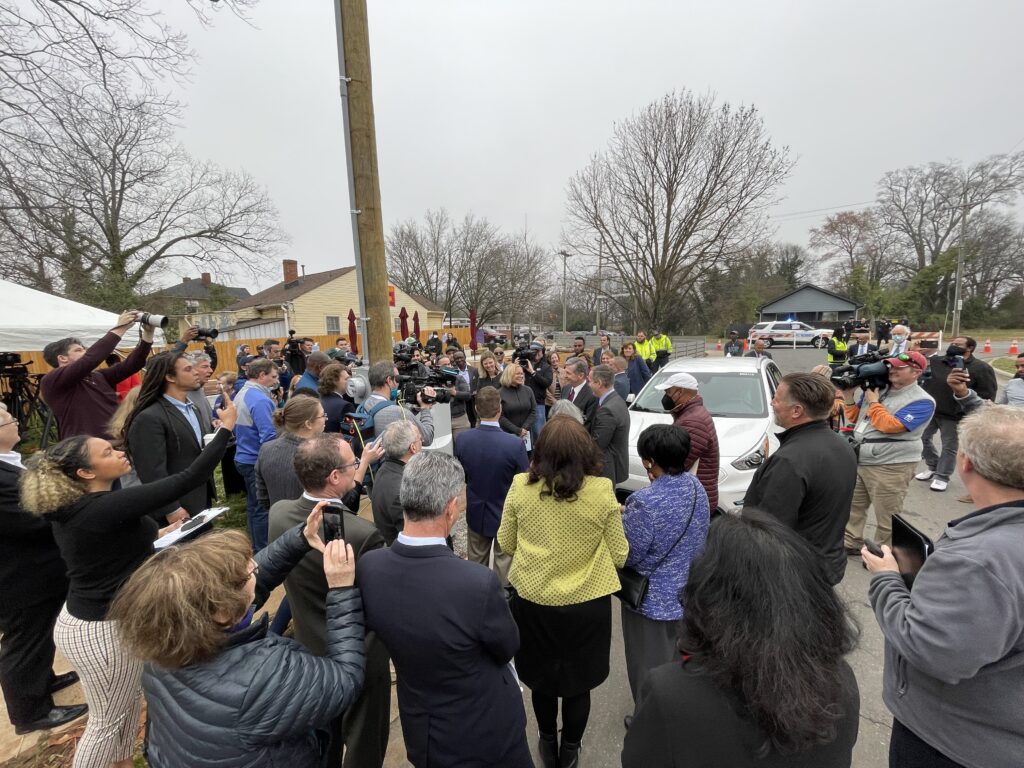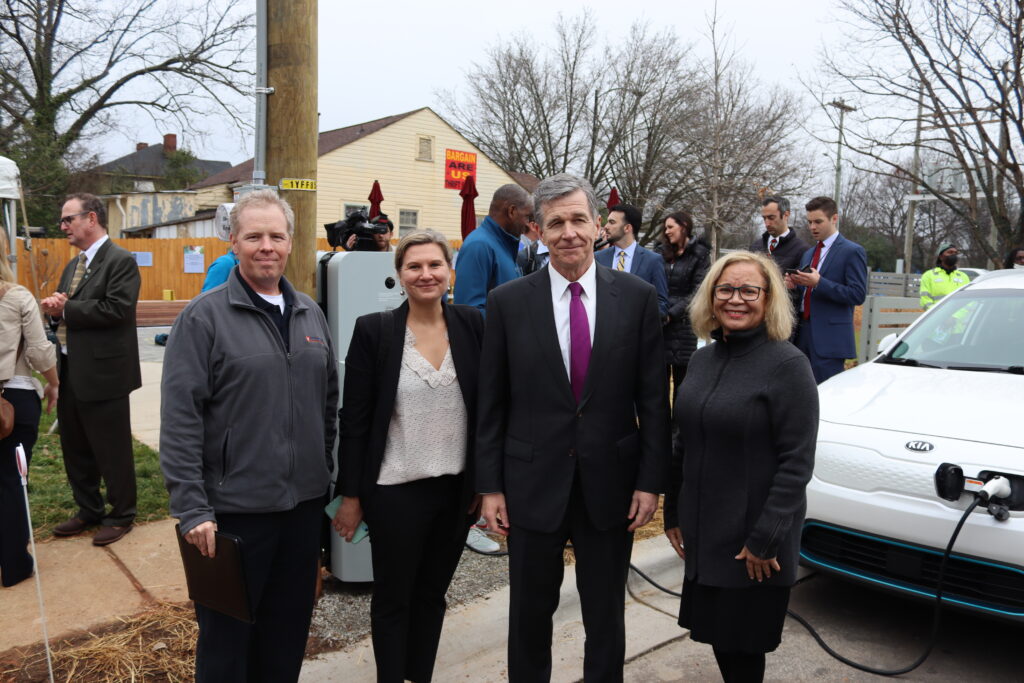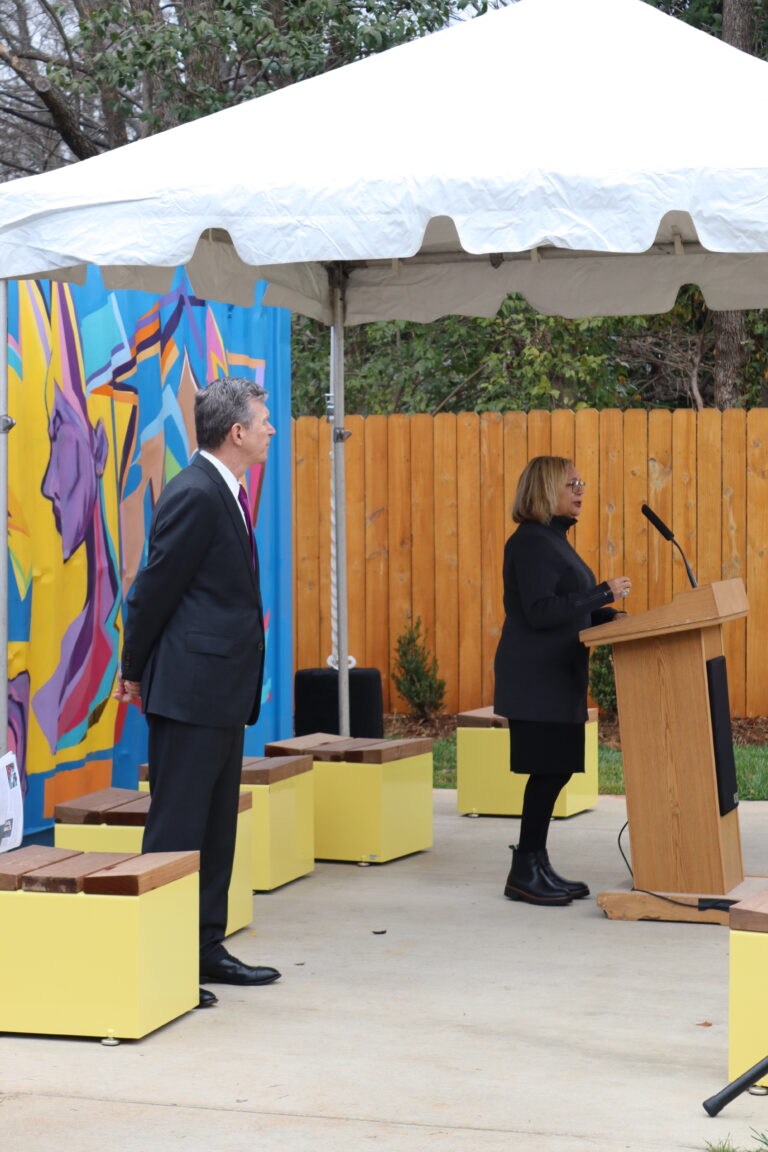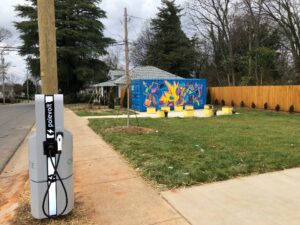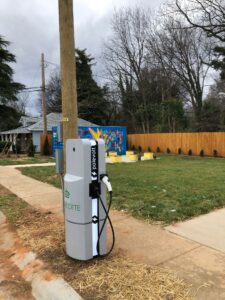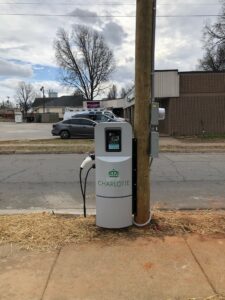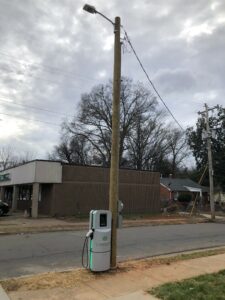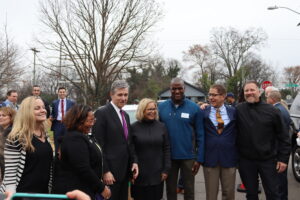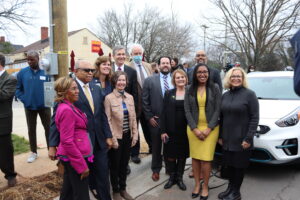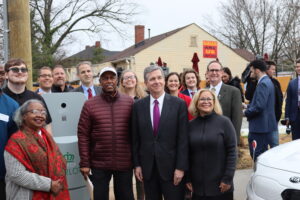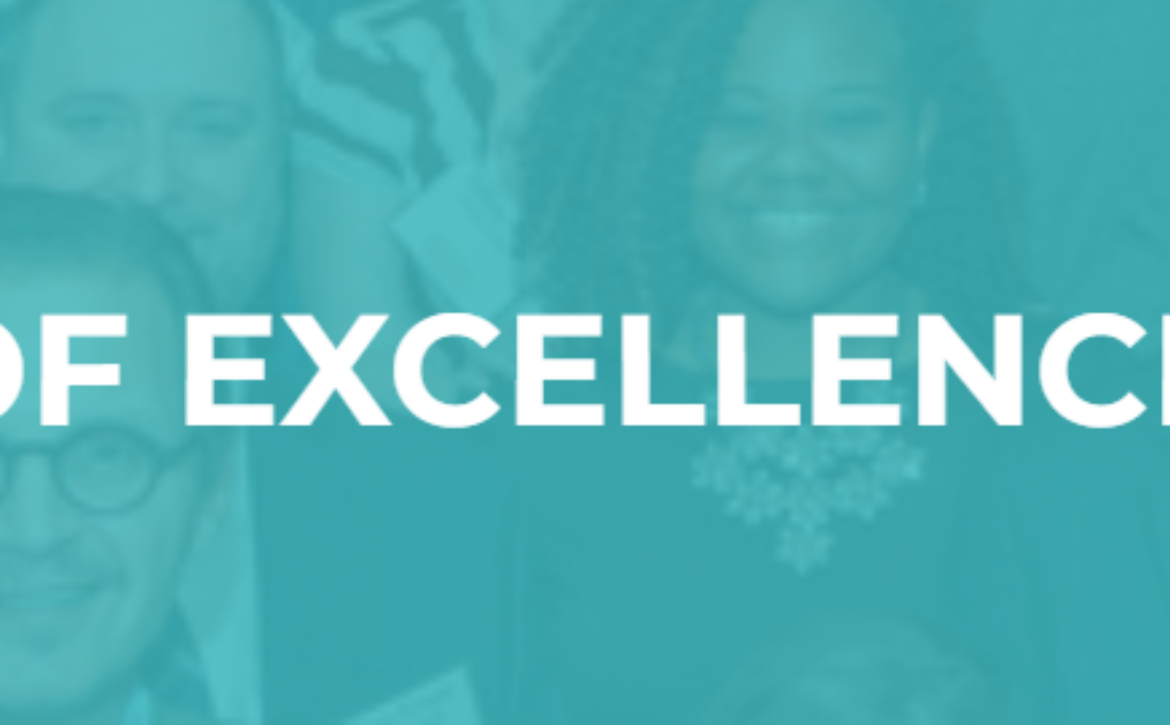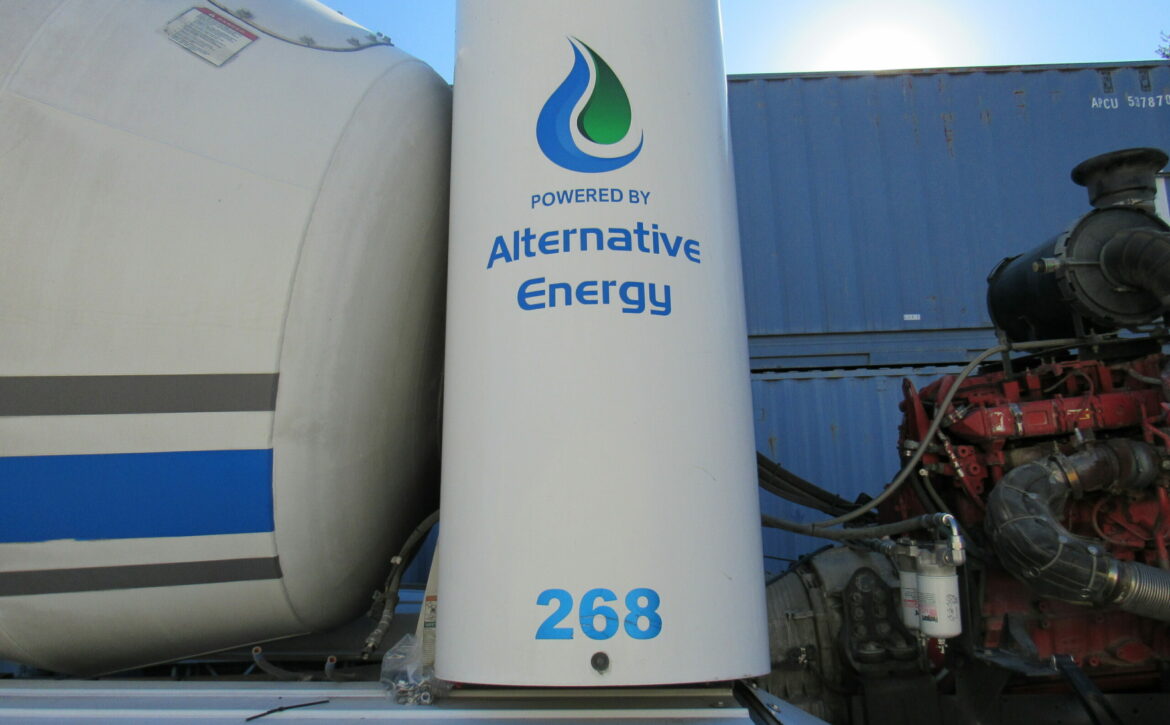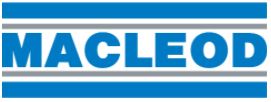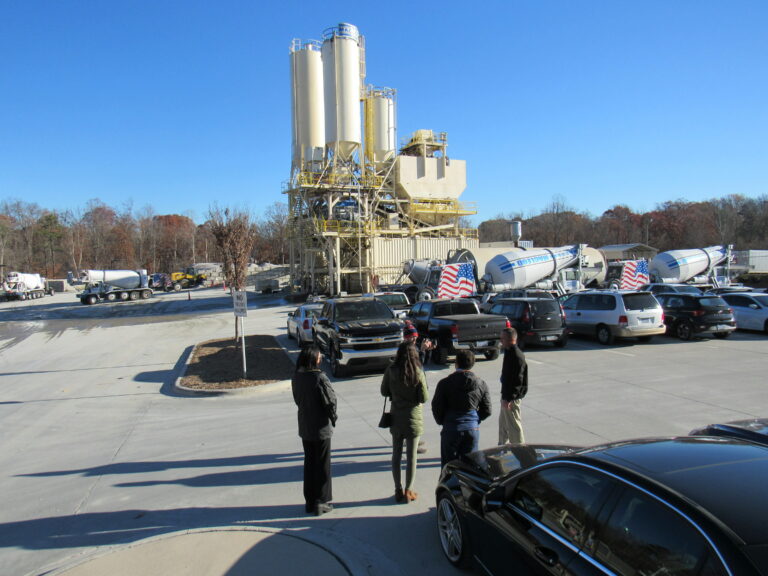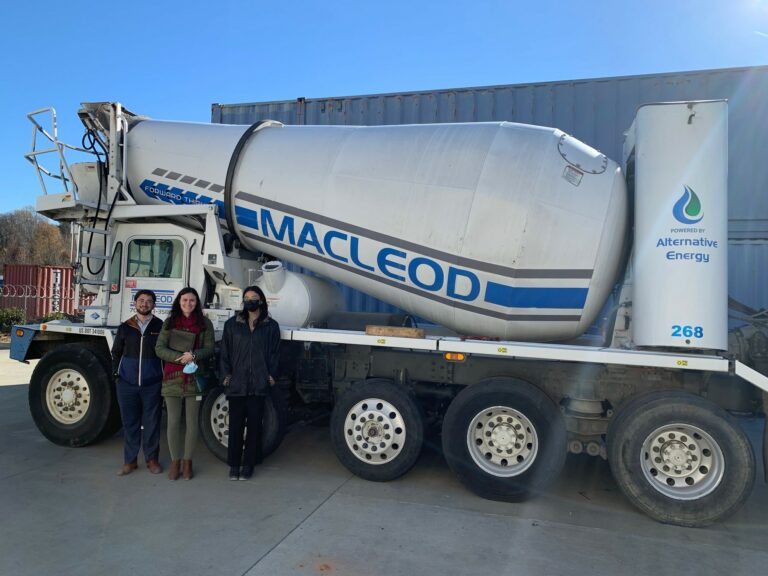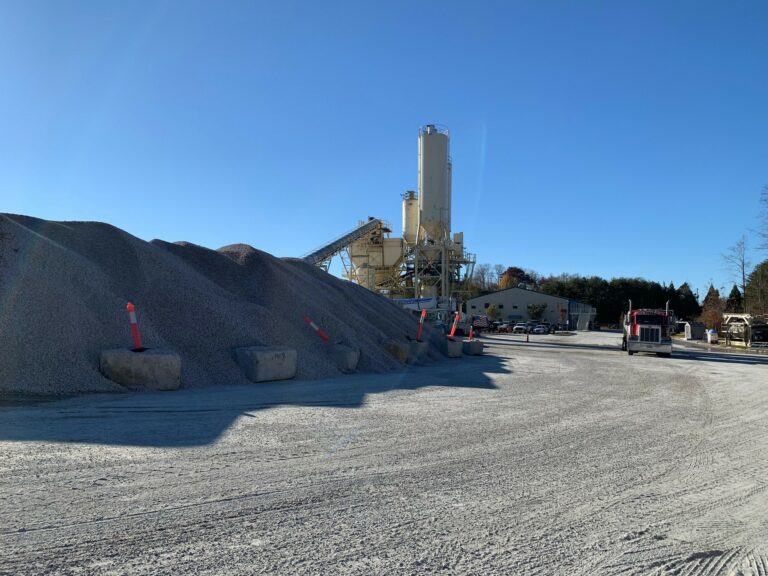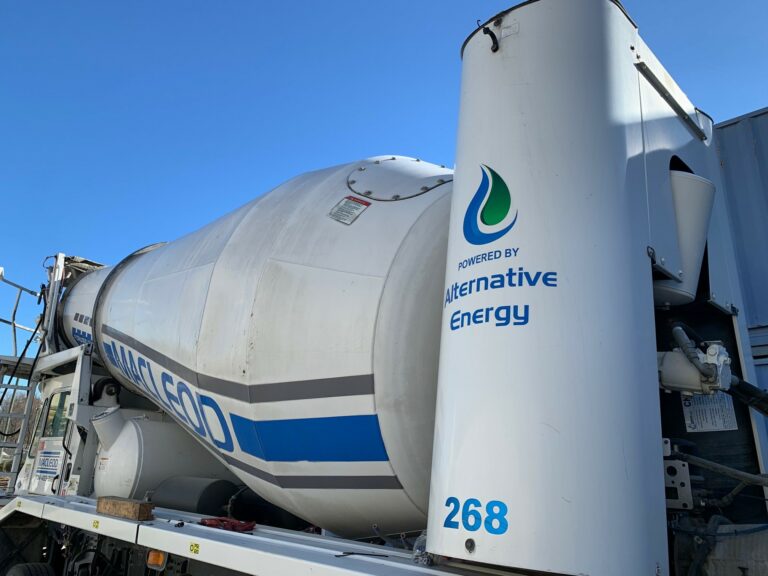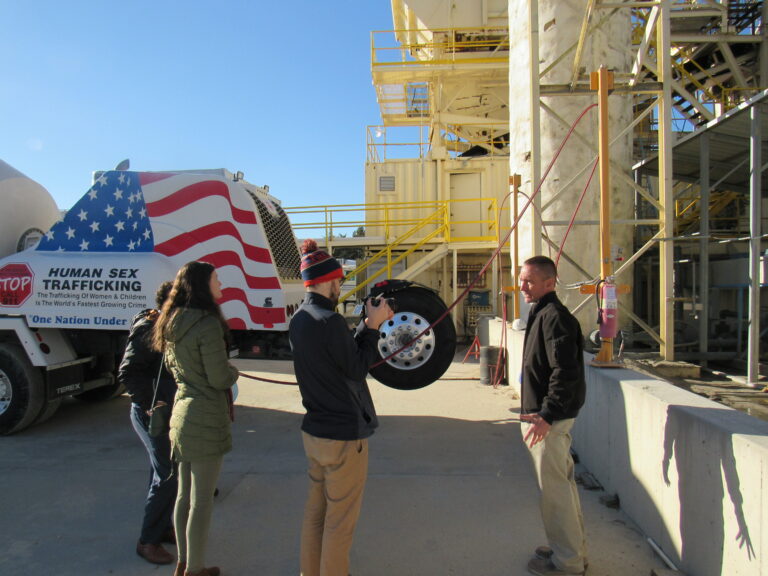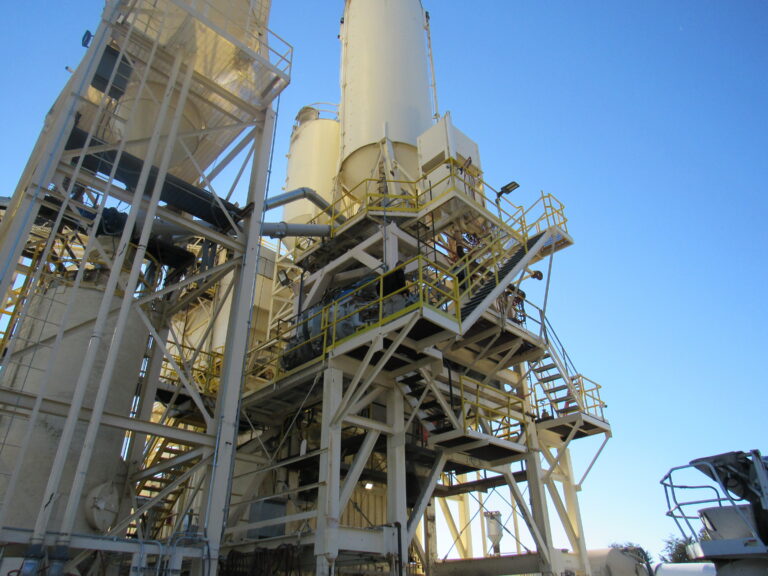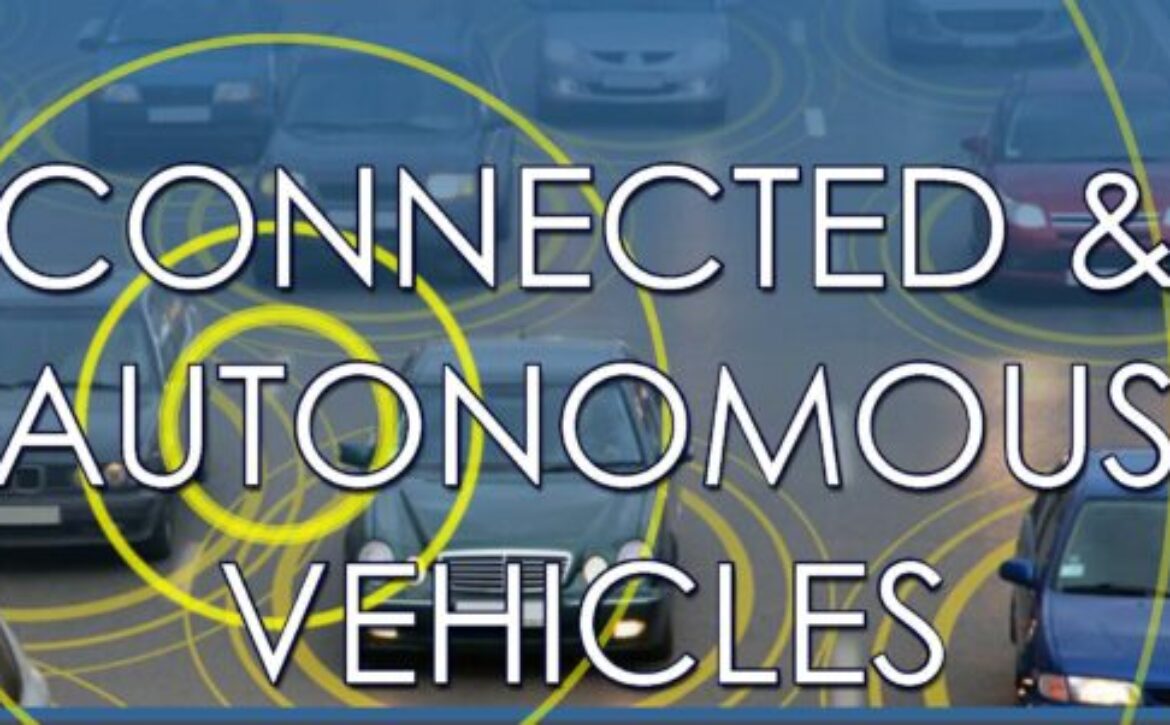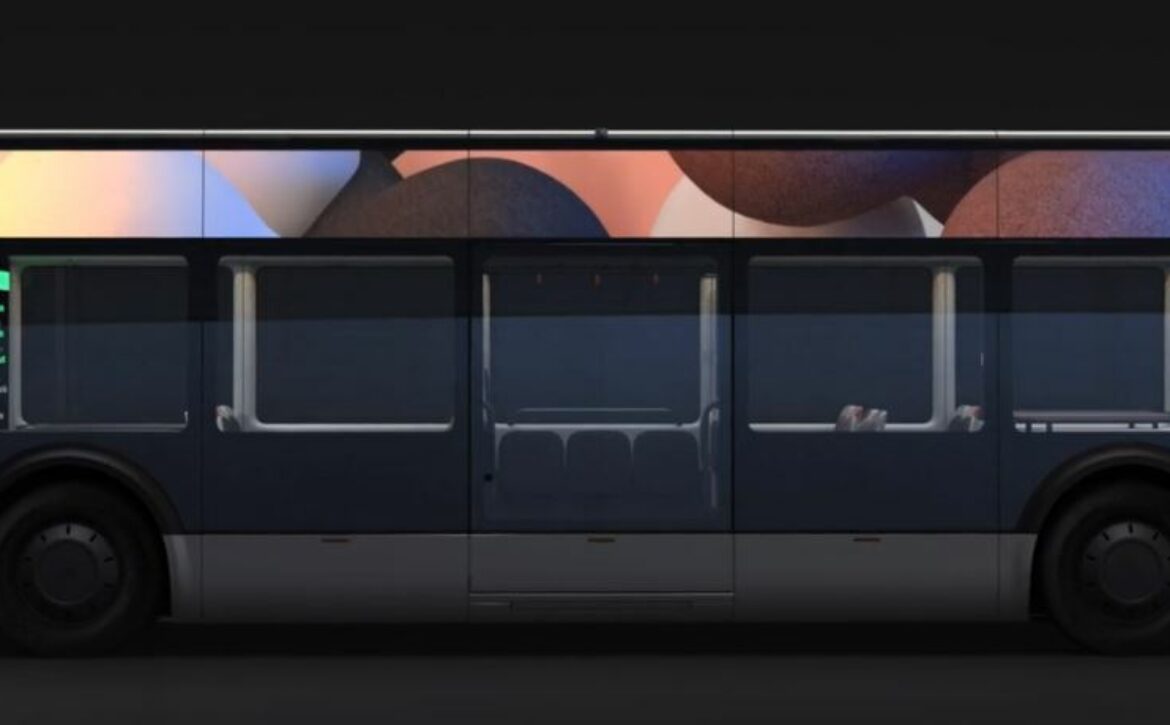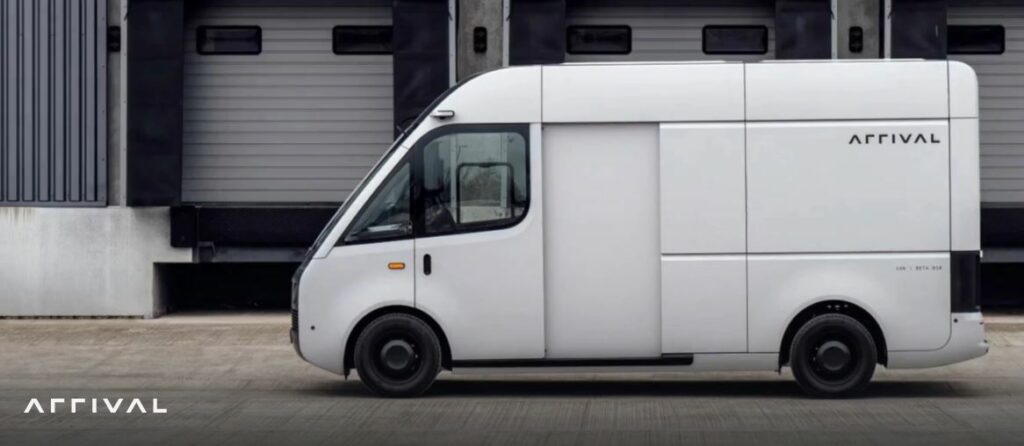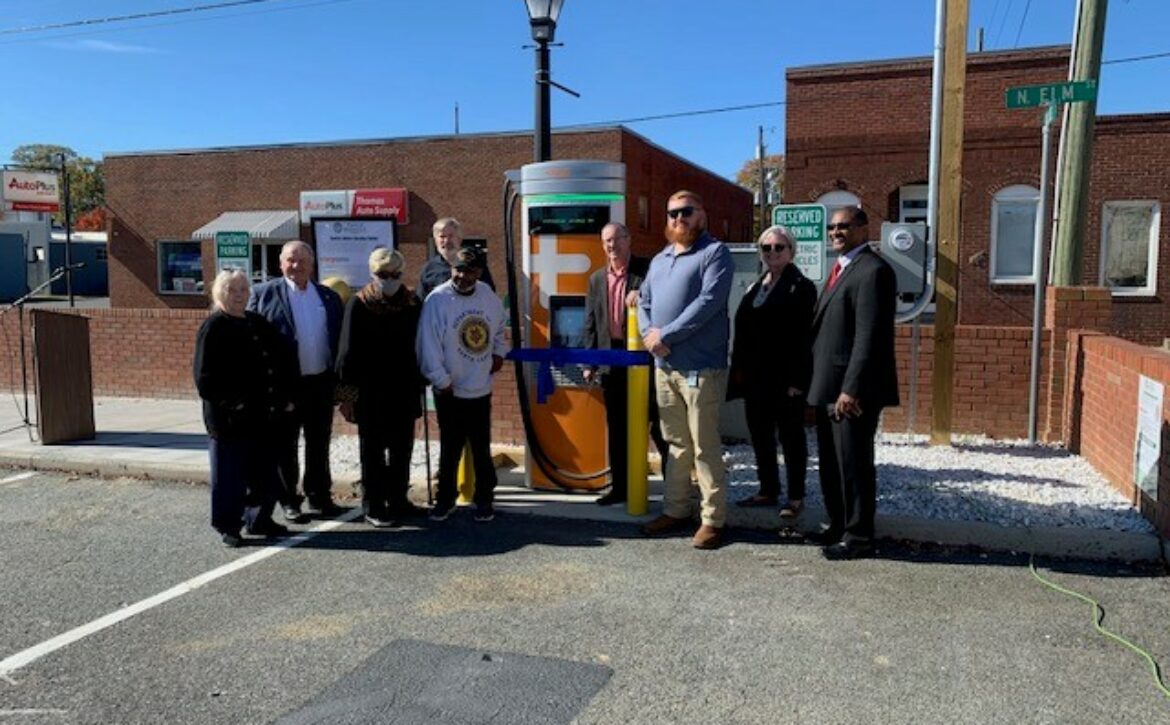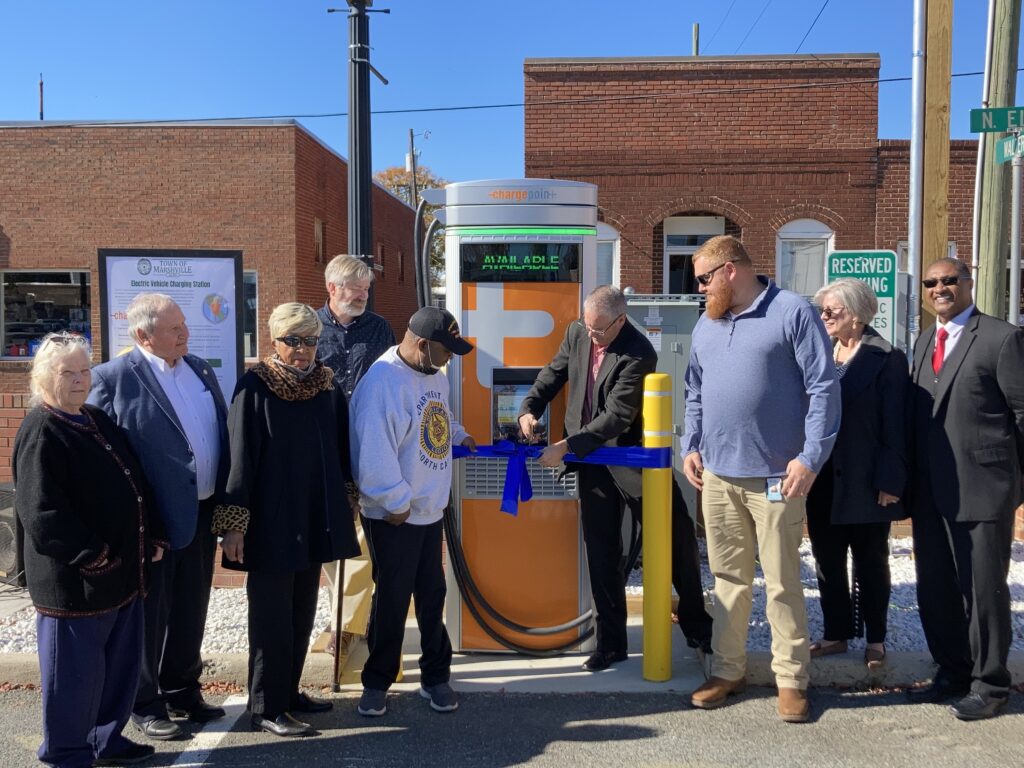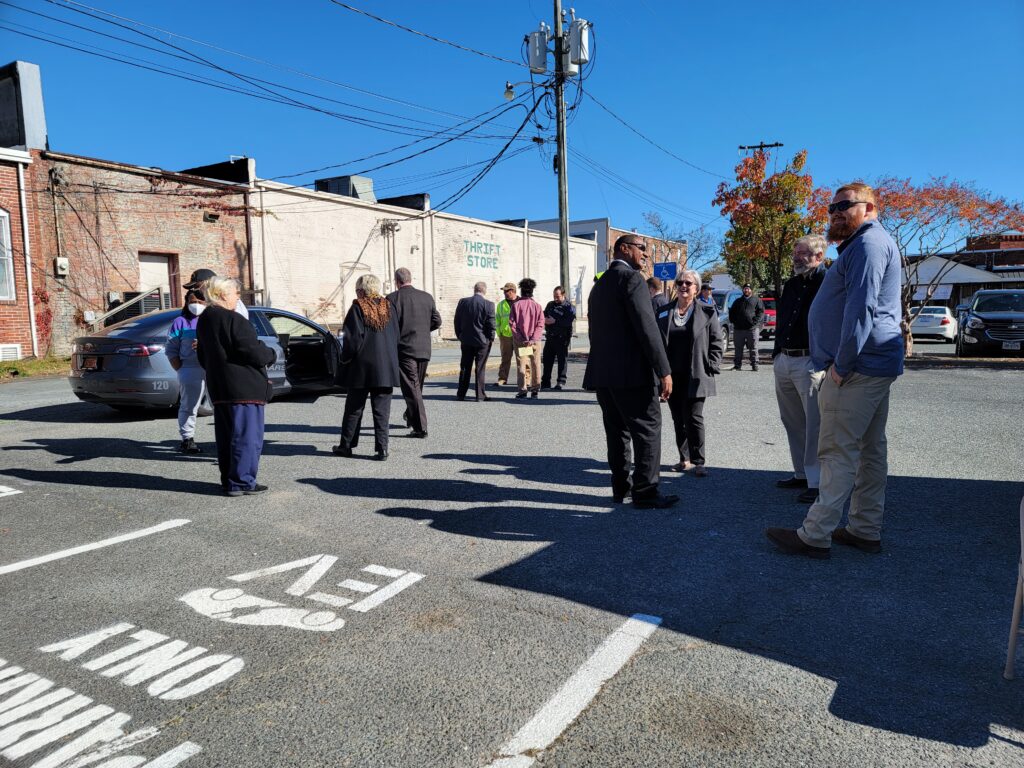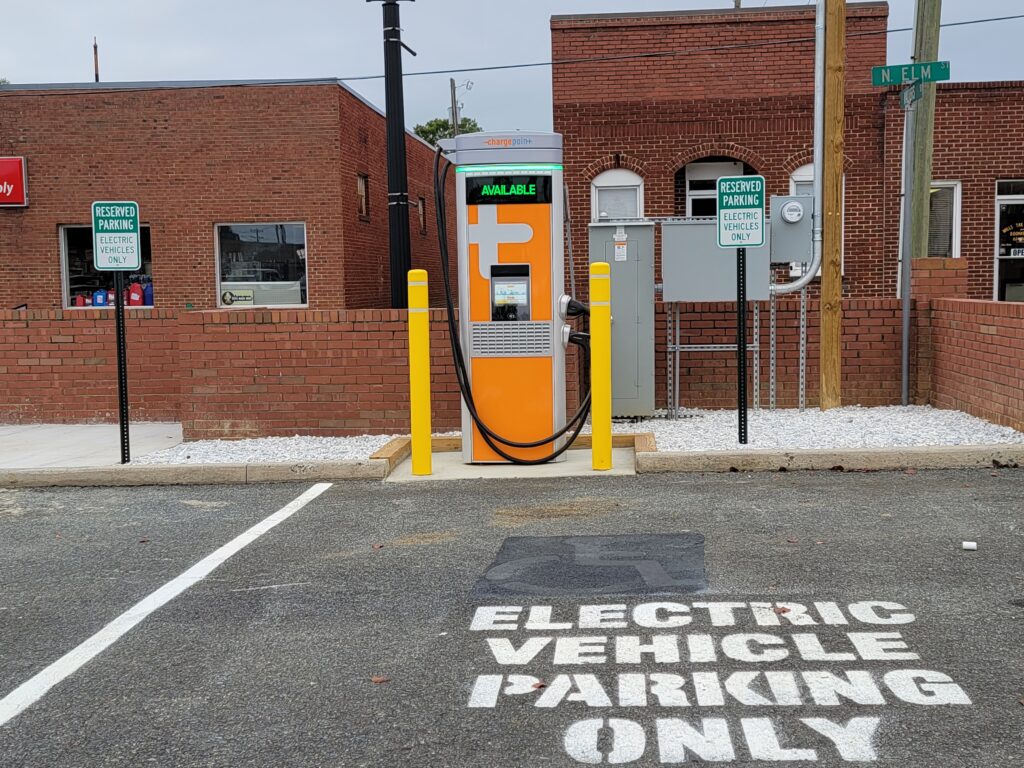Fuel Conservation Resources
With fuel costs and inflation keeping prices high, CCFC staff have compiled a list of fleet resources on fleet fuel conservation.
Idle Reduction
As a basic rule of thumb, turn off your engine whenever possible. Idling uses a considerable amount of fuel,; an average medium, heavy-duty truck consumes approximately 0.84 gallons per hour while idling. However, some vehicles require idle time while operating. So, in these scenarios, there are technologies available that can help reduce fuel consumption during the idle period. Listed on this resource are various technology options for light-, medium-, and heavy-duty vehicles. The table at that link also lists the percent emission reduction associated with the technology as recognized by the EPA.
Additionally, Argonne National Laboratory’s idle reduction worksheet can help guide the process of calculating savings when considering the switch to an idle reduction technology.
Conserving Fuel
Though it might seem obvious, it is important to remind fleet drivers of the basic tips & tricks to conserve fuel. Remind drivers to slow down and drive consistently, as speeding increases fuel consumption and decreases fuel economy. When planning routes or deliveries, combine trips and reduce vehicle load whenever possible. By avoiding unnecessary stops and reducing your vehicle load, you can maximize the vehicle fuel consumption.
Keeping your vehicle in shape-such as by correcting tuning issues- can improve gas mileage by an average of 4%. Additionally, keeping tires inflated to the proper pressure can improve gas mileage from anywhere between 0.6% and 3%.
General easy to follow tips may include: accelerating gently, coasting to decelerate, use air conditioning sparingly, and attempt to plan routes ahead including fuel stops to avoid unnecessary stopping.
